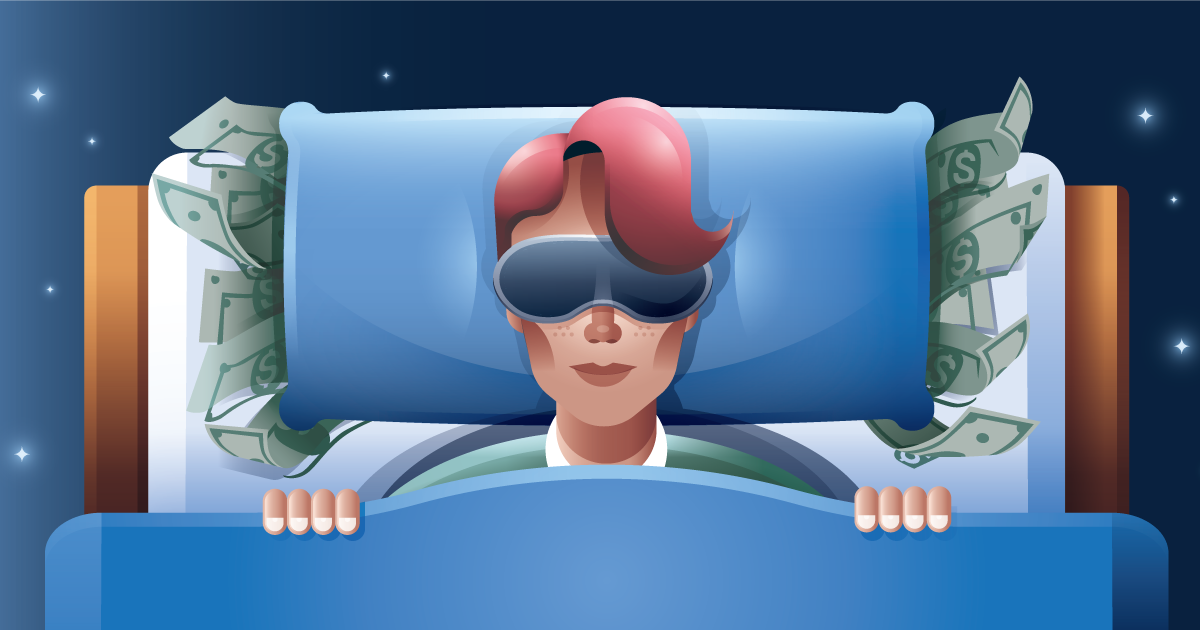ZzzQuil’s tagline is, “sleep is a beautiful thing”. Often recited in the background of commercials depicting angelic sleepers and on ads showing sloppy ones, ZzzQuil shows people recharging and highlights the beauty in doing so. What’s perhaps an even more effective campaign are glimpses of the next morning, where the true beauty of sleep materializes. Leaders in the entertainment, political, sports, activist, and business sectors can speak to how beautiful sleep results in beautiful change. Sleep and success go together – a full night’s rest can undoubtedly do the same for you.
How Much Sleep do Successful People Get?
The world’s highest-earning and most productive individuals view sleep as a formulaic path to productivity. Respecting their own unique sleep requirements, Elon Musk gets 6 hours, Serena Williams reports 7, Warren Buffett needs 8, and Greta Thurnberg requires 9 hours of sleep at night for success each day. Inadequate sleep takes its toll, costing those in the U.S. more than $411 billion (USD) in lost productivity annually. That deficiency can be reclaimed and augmented with the prioritization of sleep.
Time away from the fast pace of the world, responsibilities, and pressured productivity are valued. We praise vacation time and windows of opportunity to be still and at ease. Adam Grant, the Organizational Psychologist at Wharton says, “Vacations shouldn’t have to be earned. Time off isn’t a trophy you win for burning out. The pursuit of happiness is a right, not a reward”. People often fail to see sleep as a permissible and feasible vacay, as the mind and body find repose. The right to happiness is closer than many think, and it starts with a consistent sleep schedule.
While there are innumerable benefits to committing to good sleep, three proven ones are linked to enhanced productivity. First, adequate sleep decreases the frequency of accidents and mistakes, dramatically lessening clerical errors. Second, sufficient sleep betters memory, as declarative memory, responsible for retrieving facts, and procedural memory, which is in charge of completing routine tasks, are strengthened. Lastly, satisfactory sleep improves problem-solving skills and creativity, due to a correlation between the quality of REM sleep and inventiveness.
How to Improve Your Sleep
While people claim many tips and tricks to improving sleep quality, three universal ones are worth pursuing. First, cease all-nighters. People who have been without sleep for 48 hours share the same impairments as those with a blood alcohol level of 0.1%. Second, test out sleeping with a weighted blanket. After using weighted blankets for two weeks, those with insomnia stated having less movement and an overall better night’s sleep. Lastly, reduce your exposure to blue light. Emanating from televisions, computers, and phones, blue light has been proven to impede melatonin by as much as 200%.
One of the most transformative steps you can take towards well-rounded improvement is sleep. With a slew of benefits and preventive assets, good sleep produces a good life as it supports your mind, body, and soul. Commit to success and commit to you by aiming for the recommended seven to eight hours of sleep. Learn more about how sleep and success go hand in hand in the infographic below:


